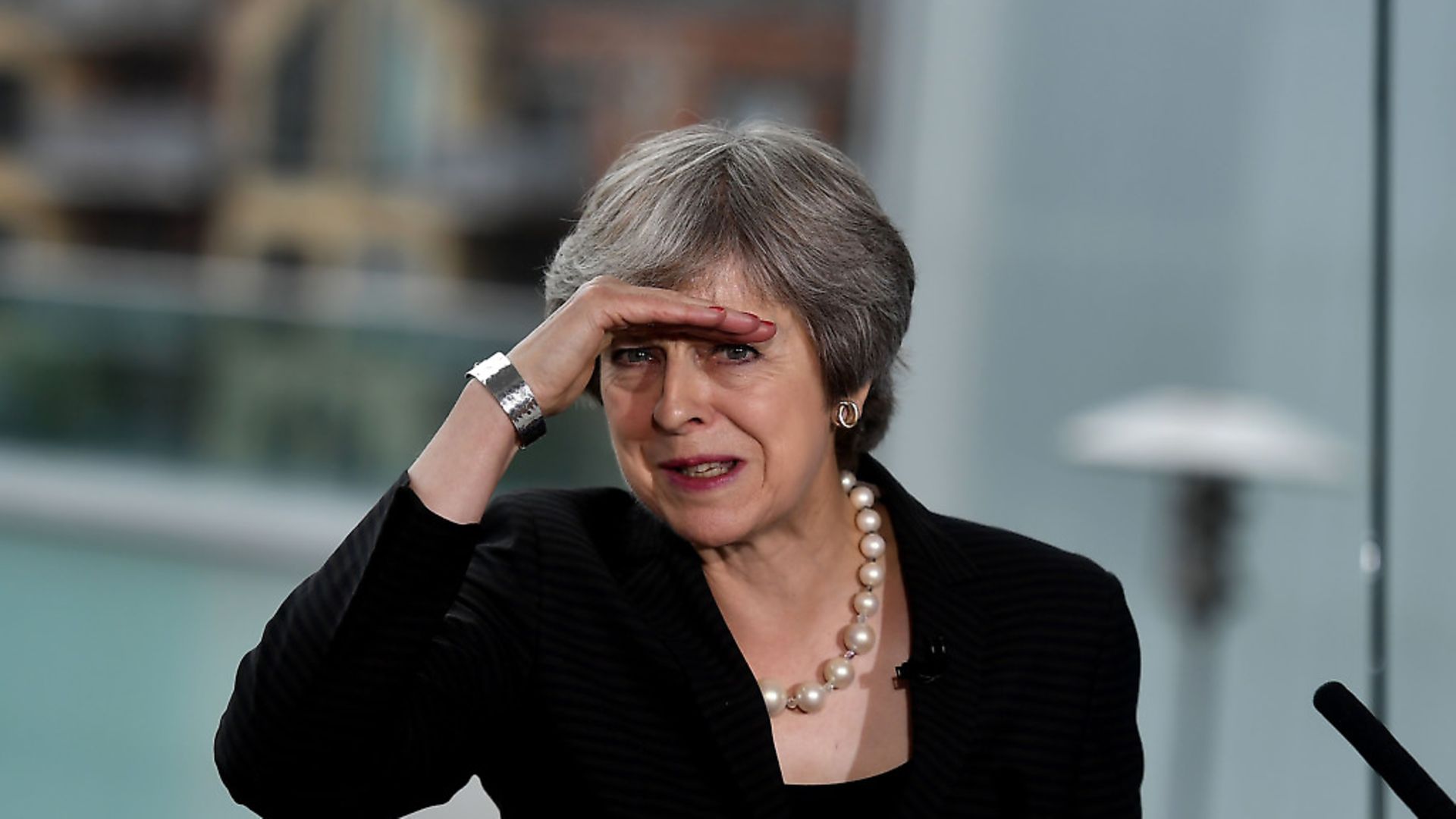
One reader thinks that we should accept Theresa May’s Brexit plan to avoid a ‘hard’ Brexit from Rees-Mogg and Johnson.
I found Theresa May’s performance in Birmingham dishonest rather than disarming but it does appear to have neutralised the dual threats of Boris Johnson and a no-deal Brexit.
Now we are told that a withdrawal agreement with the EU is close and that it is likely to keep us in a tariff-free customs union while Northern Ireland remains in the single market and therefore without a hard border to the south.
Both are supposed to be temporary solutions until something more permanent is worked out, but in reality this status quo could go on for years – as we know, this would be hugely financially and politically beneficial to both sides.
Staying in the EU is by far my preferred scenario, but I feel that this kind of deal is one Remainers in and out of Westminster should think strongly about supporting, while continuing to press for a public inquiry into the Leave campaign’s cheating and a second referendum somewhere soon down the line.
It is not ideal but it would get our government up and working again and give us room and time as a nation to have the important discussions we need to have about the positives of immigration and whether Britain is really best served doing a series of small global trade deals on its own or working as part of a larger and more influential trading bloc.
This could be done while insulating our economy from the worst effects of a cliff-edge exit. It would keep us aligned with our European partners and we would have time to reflect on the value of being ‘in the club’ as we saw the impact on our farming, medical, tech, scientific and arts communities of working without EU subsidies or partnerships.
Let’s be clear – the best deal possible, by a very wide margin, is staying in the EU on the favourable terms we have now. But we lost the referendum and there is no guarantee we would win a People’s Vote. This is the next-best thing.
Ruth Middleton, Manchester
• Send your thoughts for publication in The New European to letters@theneweuropean.co.uk









